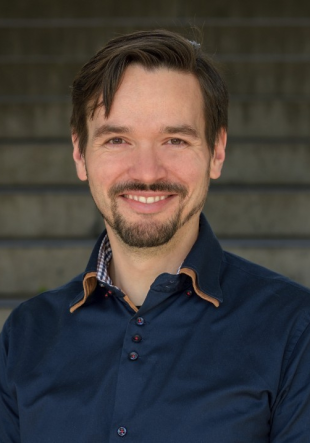Paderborn University researchers develop freely accessible tool and receive award for study
Free access to information on the Internet is an essential component of democratic societies. However, what is taken for granted in Germany is by no means possible everywhere. In a recent study, researchers from Paderborn University and the Technology Innovation Institute in Abu Dhabi have therefore shown how internet censorship can be circumvented by specifically modifying encryption protocols. The aim is to make it easier for those affected to access blocked websites and to provide approaches for future technologies. Special focus is placed on well-known censorship systems such as the "Great Firewall" in China and censorship in Iran. The authors also argue in favour of expanding so-called "censorship research". Their findings are therefore not only of practical use, but also provide valuable insights for science. In mid-May, the team was honoured with an award for their work at the renowned IEEE Symposium on Security and Privacy conference in San Francisco.
Mechanisms for a freer Internet
With "Censor Scanner", the scientists have developed an open source tool that encrypts Internet requests in such a way that censorship systems either cannot recognise them or cannot block them. The team also used it to test which techniques bypass these systems and at the same time ensure that the Internet request is understood by real websites. This is crucial in order to successfully display blocked pages.
One key example that the researchers scrutinised is a mechanism in the "TLS" service, i.e. "Transport Layer Security". The protocol normally ensures that internet connections are securely encrypted. Nevertheless, it can be blocked; "As TLS is used millions of times worldwide, it is a favourite target for censors. To block unwanted websites, they can analyse the protocol. This is possible because the very first TLS message is sent unencrypted and reveals the name of the website you want to connect to. This allows censors to observe the beginning of the TLS connections and block them if necessary," explains Prof Dr Juraj Somorovsky, head of the "System Security" group at the Paderborn Institute of Computer Science and co-author of the study.
According to the team, one of the most successful methods for circumventing censorship is so-called "TLS fragmentation". "This involves breaking down the first TLS request, which contains the name of the target website, into small parts that are more difficult for the censorship systems to analyse," explains first author Niklas Niere, also from Paderborn University. Other tricks involve changing or disguising information about the target website. Another method removes certain information from the Internet requests altogether. All the solutions identified have one thing in common: they are not only effective against censorship systems, but are also accepted by internet servers. This means that the requests are successfully answered despite these tricks.
Global significance
The researchers' findings are a ray of hope for people who do not have free access to the internet under repressive regimes. In future, they could support practical technologies that help people around the world to circumvent blocks. The scientists emphasise that censors are also constantly developing their technology. For example, they show in their work that the Chinese "Great Firewall" consists of three different systems that need to be outwitted to successfully circumvent censorship.
While encryption and security mechanisms are being improved worldwide, freedom on the internet remains a race between technological progress and state control. The study serves not only as a basis for future scientific work, but also as a guide for the development of tools that sponsor free access to the Internet.
To the study: https: //ris.uni-paderborn.de/record/59824
This text was translated automatically.




